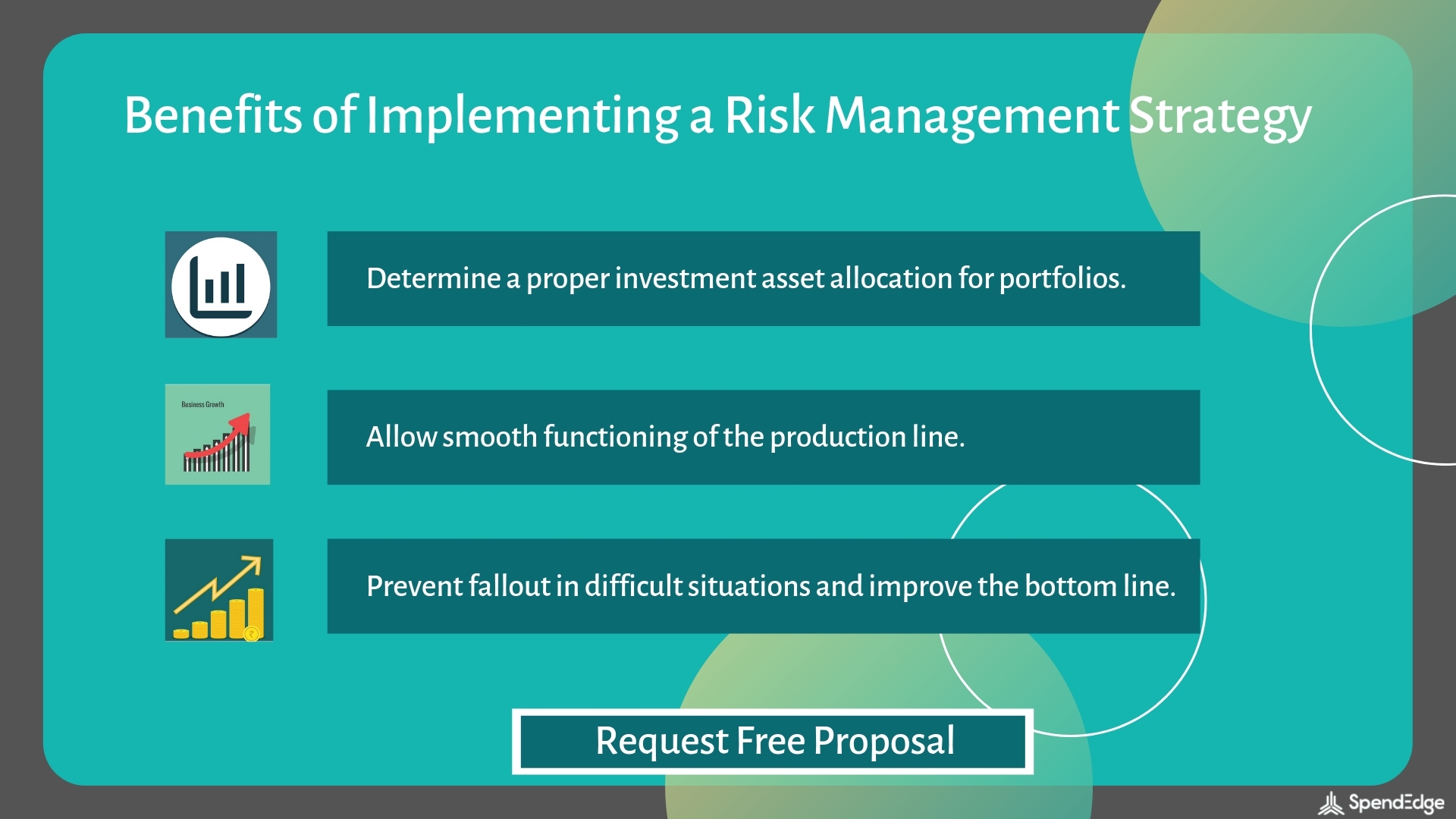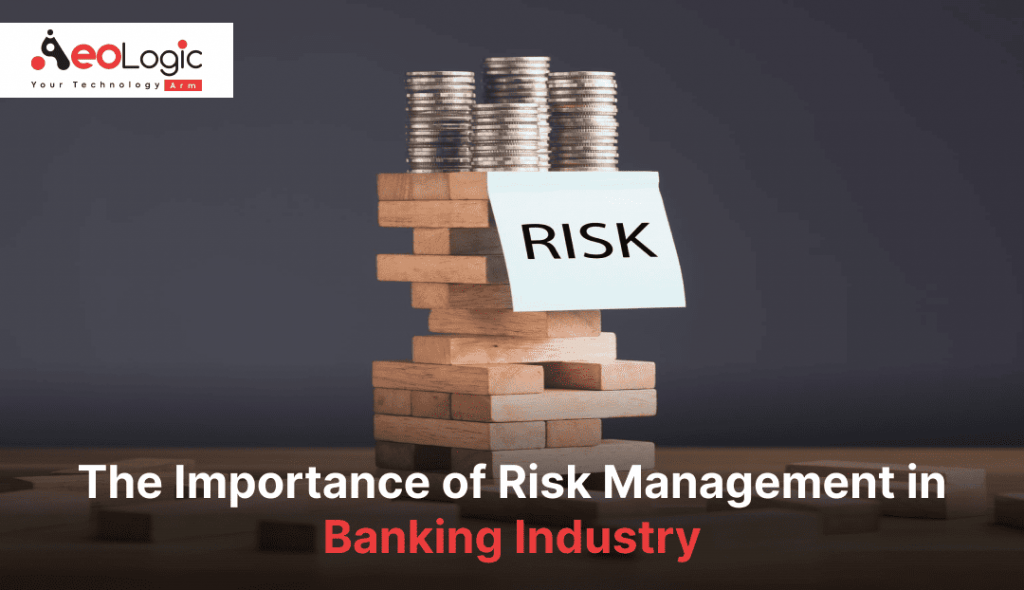Why the Importance of Risk Management Cannot Be Neglected in Today’s Economy
Why the Importance of Risk Management Cannot Be Neglected in Today’s Economy
Blog Article
The Crucial Relevance of Risk Management in Getting Business Objectives
This is where Risk Management steps in, offering an organized strategy to recognizing, examining, and mitigating possible obstructions to advance. As we explore the crucial duty of Risk Management in attaining organizational objectives, one can not ask yourself yet help: just how does this convert right into real-world success?
Comprehending the Concept of Risk Management in Organization

The Integral Role of Risk Management in Strategic Planning
Incorporating Risk Management right into tactical preparation acts as a secure for companies, securing their long-term plans with a strong structure of preparedness and durability. Risk Management supplies a framework for preparing for uncertainties and devising suitable actions, making certain the company's survival and success even in the face of difficulty. By including Risk Management into critical preparation, organizations can transform these uncertainties right into opportunities for growth and development.

Techniques for Identifying, Assessing, and Focusing On Risks
The process begins with Risk identification, utilizing tools such as SWOT evaluation, which assists in determining prospective risks and opportunities. Next, Risk analysis is performed to identify the prospective influence and possibility of each Risk. Risks are prioritized based on their prospective effect and chance, enabling organizations to focus their resources on high-priority risks.
Protecting Business Operations Through Efficient Risk Management
In the service landscape laden with uncertainties, reliable Risk Management plays a critical role in protecting organizational operations. By recognizing and examining prospective risks, Risk Management allows companies to develop durable backup plans. Organizations need to spend in detailed Risk Management techniques to protect their procedures.

Converting Potential Dangers to Opportunities: The Power of Risk Management
An aggressive strategy to risk Management entails determining, examining, read and prioritizing dangers to devise techniques that turn them into prospective advantages. Thus, by leveraging the power of Risk Management, organizations can not just secure their operations yet likewise spur growth and achieve their objectives in an unpredictable service setting.
Instance Researches: Success Stories of Risk Management Driving Organization Objectives
Successful execution of Risk Management strategies has actually yielded excellent outcomes in different organizations, emphasizing the merits of this method. International companies like Microsoft and Google, for instance, have actually leveraged Risk Management to reduce risks and make use of possibilities, driving their business objectives onward. These instances show just how effective Risk Management can not only steer organizations clear of prospective pitfalls however likewise direct them in the direction of their strategic objectives.
Conclusion
To conclude, Risk Management is essentially vital in accomplishing organizational goals. It offers a methodical strategy to identifying, analyzing, and addressing possible threats and possibilities. Greater than simply mitigating dangers, it likewise promotes technology, strength, and lasting development. By including Risk Management right into strategic planning, services can better browse unpredictabilities, secure operations, and capitalise on possibilities, consequently straightening with long-term wikipedia reference purposes.
At its core, Risk Management is the process of identifying, analyzing, and try this out resolving possible dangers that can adversely affect a company's objectives or operations. Next, Risk evaluation is performed to ascertain the prospective influence and likelihood of each Risk. Dangers are focused on based on their potential effect and chance, permitting organizations to focus their sources on critical threats. By recognizing and evaluating potential hazards, Risk Management allows organizations to develop robust backup plans. A positive approach to run the risk of Management involves recognizing, assessing, and focusing on threats to develop strategies that transform them right into possible benefits.
Report this page